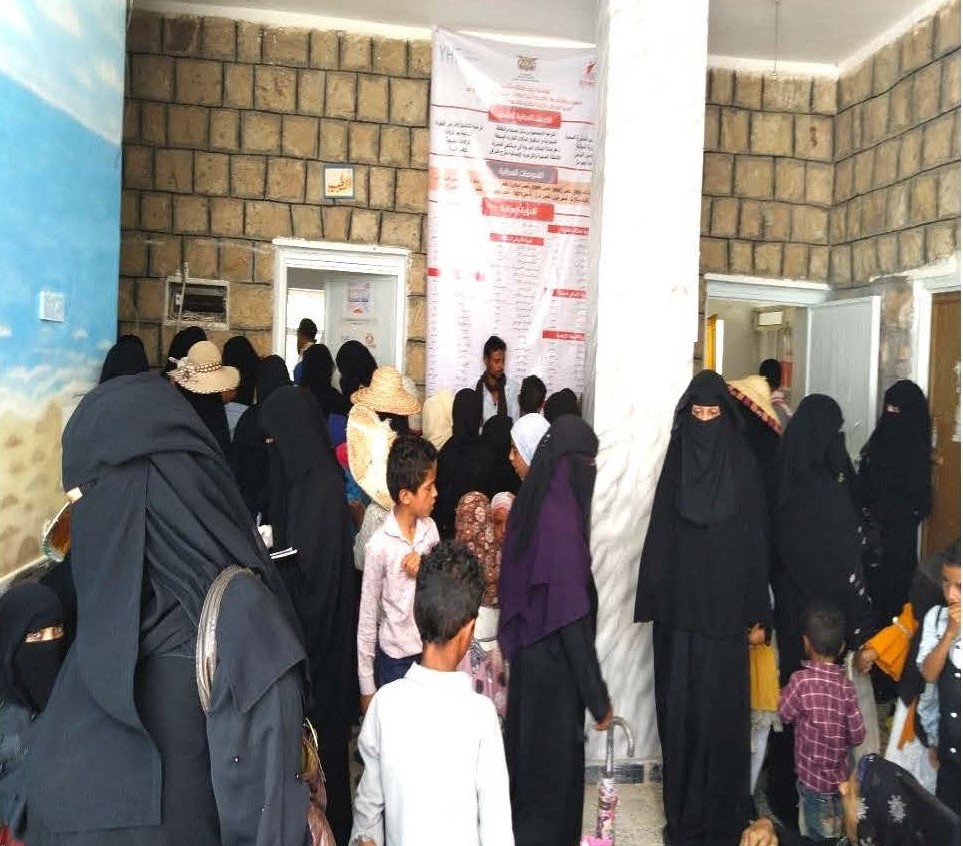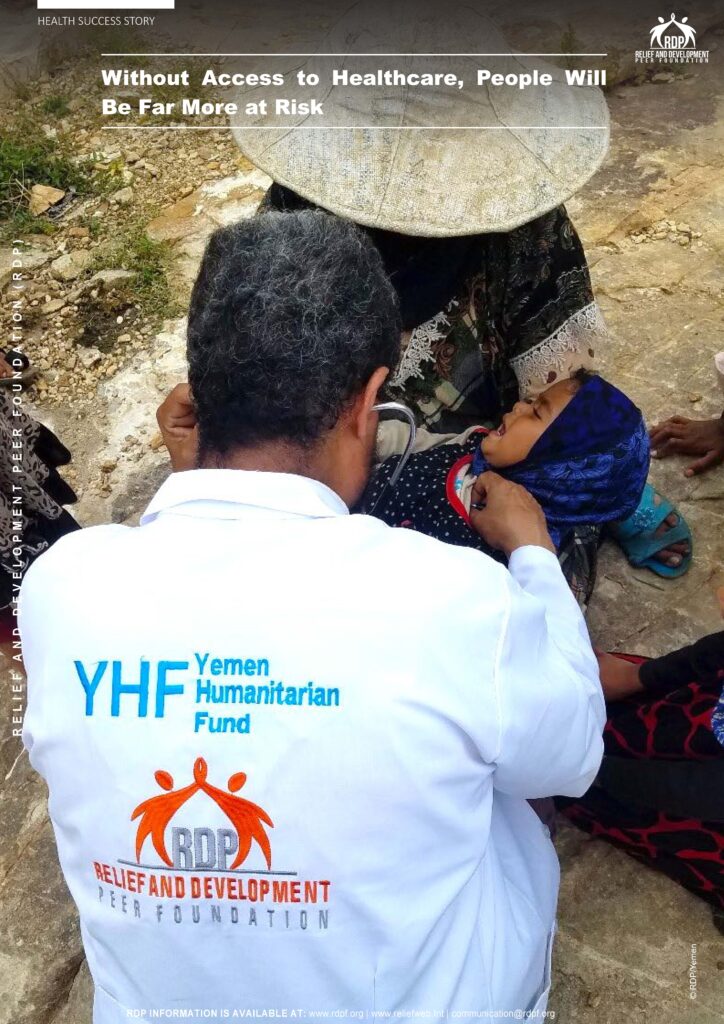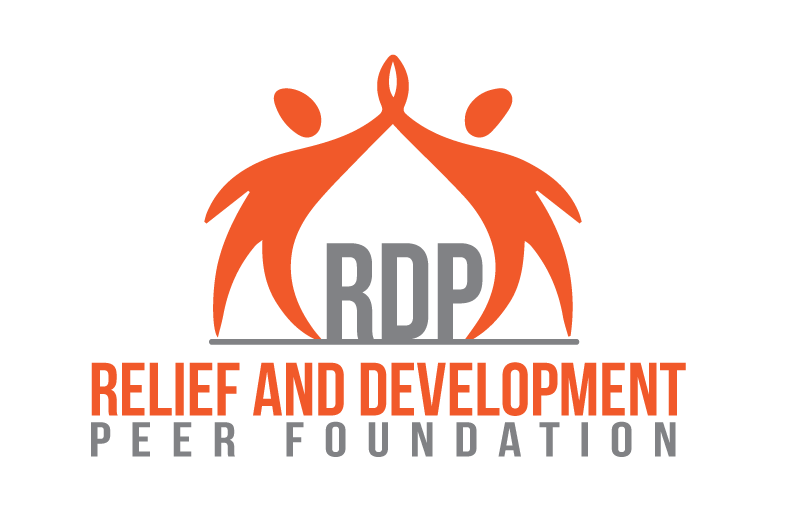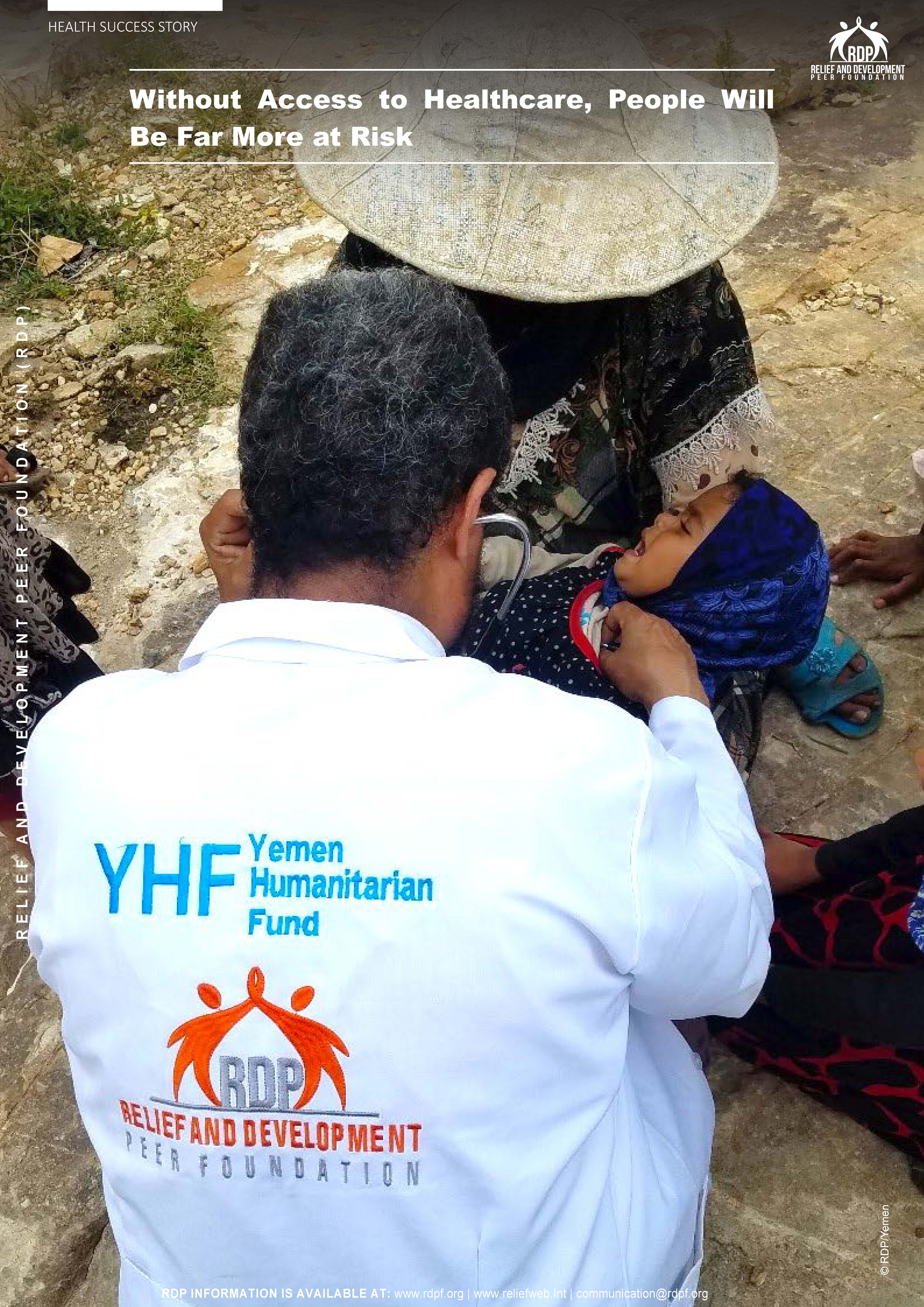Without Access to Healthcare, People Will Be Far More at Risk
People living in poverty and dealing with the devastating effects of war and conflict do not have access to healthcare – even the most basic medical supplies are out of reach for many vulnerable people. Health facilities, in conflict-affected areas, are either damaged or abandoned due to the lack of essential medical equipment.
Back in 2016, constant clashes and armed conflicts, taking place in Taizz governorate, As Silw district in particular, have resulted in permanent closure to most of health facilities, including Al-Thawra health center which serves approximately a total of 10,385 individuals on a monthly basis. Since then, Al-Thawra health center has stopped operating to meet the health need of vulnerable people.
Without access to healthcare, many people will be far more at risk. Thanks to Yemen Humanitarian Fund (YHF) for the continuous support which helps us provide vital aid to people in urgent need of healthcare. From January, 2021, RDP has constantly been supporting 5 health facilities (Al Thawra, Al Qatin, Al Akaysha, Al Farooq, Al Aqsa) with primary health services and major rehabilitation works to make them functional again in As Silw district of Tiazz governorate.
RDP, through the emergency minimum service package project (MSP), ensured the full provision of essential healthcare services such as reproductive services, communicable diseases, prevention and control, integrated management of childhood illness, immunization, non-communicable diseases, health educational messages, outreach activities, medicines, medical supplies, laboratory solutions, operational support, and incentives for health workers. Also providing major rehabilitation works and basic furniture for these health facilities.
With YHF generous support, 5 health facilities are now open with full capacity to serve vulnerable and conflict-affected people. The emergency minimum service package project has made it possible and ensured all people in targeted areas have easy and sufficient access to primary healthcare services.






